China’s financing and investment spread across 61 BRI countries in 2023 (up...
2024-02-27 31 英文报告下载
U.S. foreign policy is being built around a fundamental assumption that the United States faces growing competition around the world. This competition is occurring in the political and military realms, but also in the economic realm—a realm of direct and indirect relevance to the strength of the U.S. armed forces and the global security environment. This report discusses economic competition from a number of different perspectives. These include ideas about national competitiveness, competition for markets and investment, the use of economic tools in other realms of competition, economic warfare, and competition over the nature of the global economic system. These different perspectives may be placed in two broad groups: competition as outcome and competition as action. Competition involves two or more parties contending for some scarce goal with the outcome being that one of the parties will enhance its power or influence relative to another. This report, and the RAND Corporation project on Strategic Competition of which it is a part, have adopted the following broad definition of competition: Competition in the international realm involves the attempt to gain advantage, often relative to others believed to pose a challenge or threat, through the self-interested pursuit of contested goods such as power, security, wealth, influence, and status.
Research for this report was concluded in October 2019. Strategic Competition in Economics The idea of strategic competition among nations is embedded in a long-running debate among economists about competitiveness. The issue enters into the realm of strategic competition among nations because one view holds that competitiveness relates to the global market position of a national industry. In the United States in the late 1980s and early 1990s, this pertained largely to the global position of high-technology industries. For most economists, national economic competitiveness is now taken to mean the ability to spur increases in productivity and standards of living, with a focus on domestic economic policies, and can be considered competition as outcome; all nations can institute policies to increase productivity and standards of living, such as by improving educational systems, without directly affecting each other. However, there is disagreement about the idea of global technology leadership and the proper role, if any, of government action to encourage that. Such disagreements focus on which institutions, policies, and factors governments should support, ranging from support for broadly beneficial institutions and policies to support for specific technologies or economic sectors.

标签: 英文报告下载
相关文章
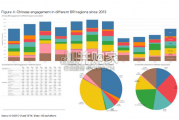
China’s financing and investment spread across 61 BRI countries in 2023 (up...
2024-02-27 31 英文报告下载

Though the risk of AI leading to catastrophe or human extinction had...
2024-02-26 52 英文报告下载
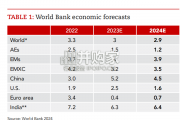
Focusing on the prospects for 2024, global growth is likely to come i...
2024-02-21 96 英文报告下载
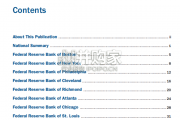
Economic activity declined slightly on average, employment was roughly flat...
2024-02-07 67 英文报告下载
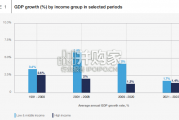
Economic growth can be defned as an increase in the quantity or quali...
2024-02-06 82 英文报告下载
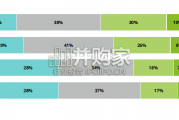
In this initial quarterly survey, 41% of leaders reported their organizatio...
2024-02-05 66 英文报告下载
最新留言